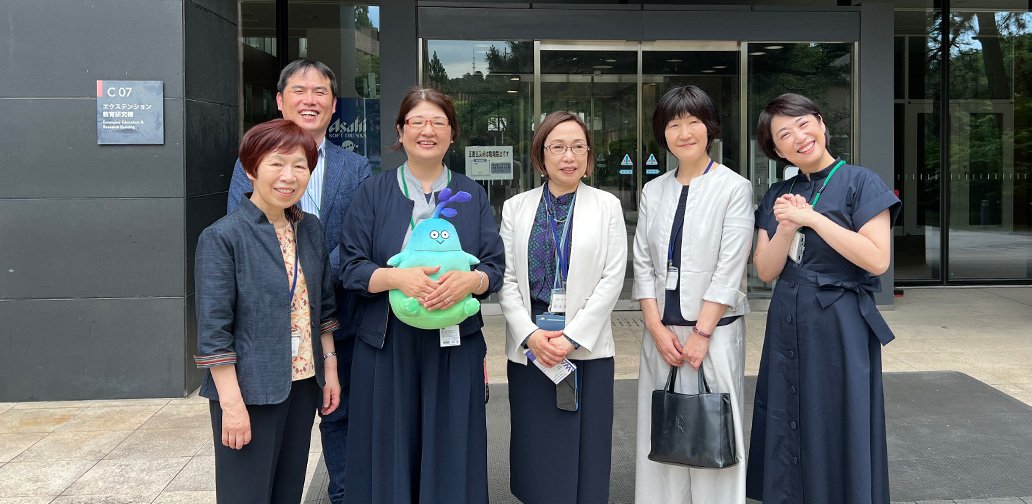Some 60 female researchers, students, faculty and staff gathered at Tohoku University's Katahira campus on 16 June for the 2025 Sawayanagi Fellows Lunch, an annual networking and mentoring event that has become an integral part of the university's commitment to diversity and inclusion.
Organised by Tohoku University's Centre for Diversity, Equity and Inclusion, the lunch meeting provides an opportunity for women across disciplines to connect, share experiences and support one another on their academic journeys. The event takes its name from the university's first president, Masataro Sawayanagi, and honours the Sawayanagi Fellows - female professors who serve as mentors and role models for the next generation of women in academia.
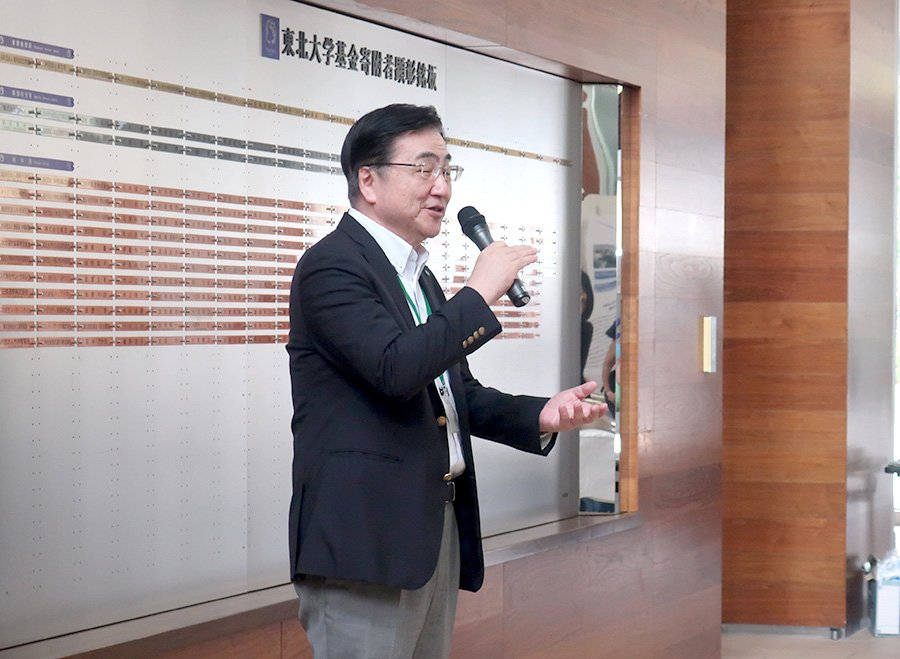
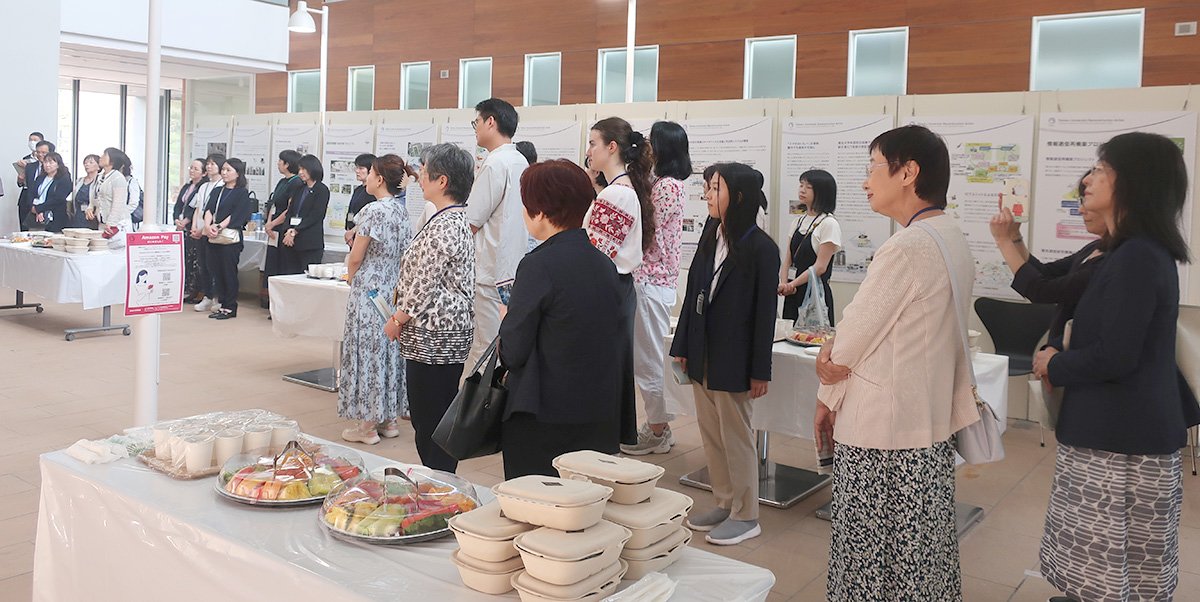
Current president Teiji Tominaga opened the event by highlighting the university's pioneering legacy of inclusiveness. Tohoku University was the first in Japan to admit women in 1913 and amongst the first to welcome international students, establishing an "open door" policy as one of its founding principles.
Now, said Tominaga, as a University for International Research Excellence, it is even more important that Tohoku University continues to attract and nurture not just the best, but also diverse talent. "Diversity is a strength, and we will invite excellent researchers from around the world to join us. And we will create an environment where everyone has the freedom to pursue their ideas, share different perspectives and learn from each other."
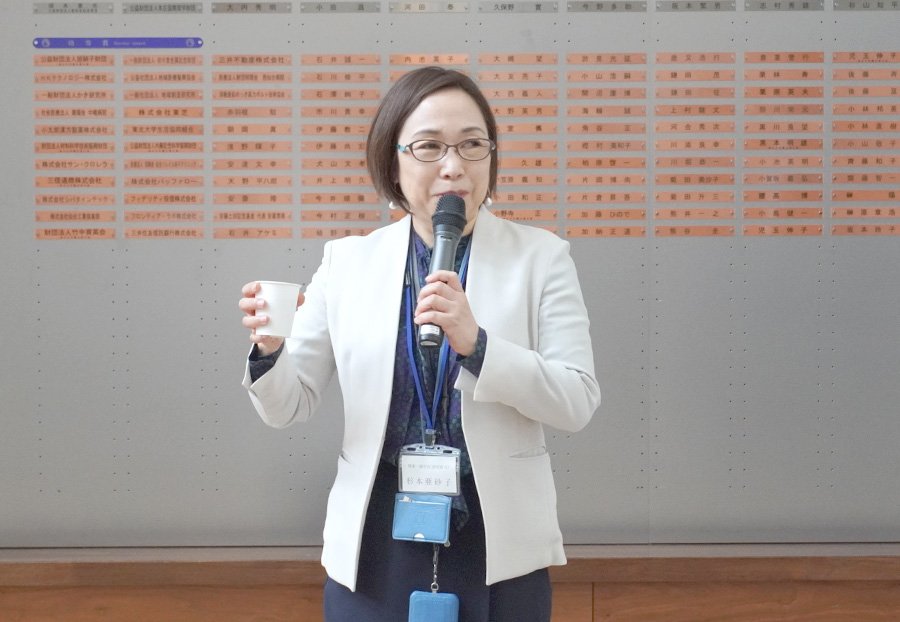
The annual lunch meeting, which began in 2010, addresses a persistent challenge in Japanese academia. Executive Vice President for Research Asako Sugimoto noted the stark reality facing women in higher education: "In Japan, the gender gap is huge, and the number of female researchers in our university is still only about 20 percent. In some departments, like engineering and science, it is even lower. To be competitive on the global stage, we need to be better at embracing both gender and cultural diversity, so events like this are very important."
For many attendees, the lunch represents a rare opportunity to break out of institutional silos and forge meaningful connections.
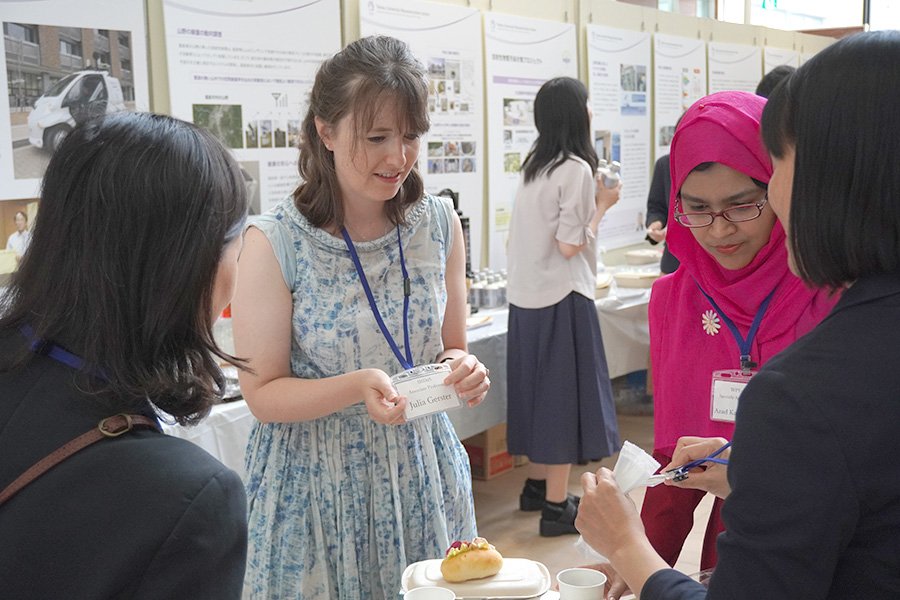
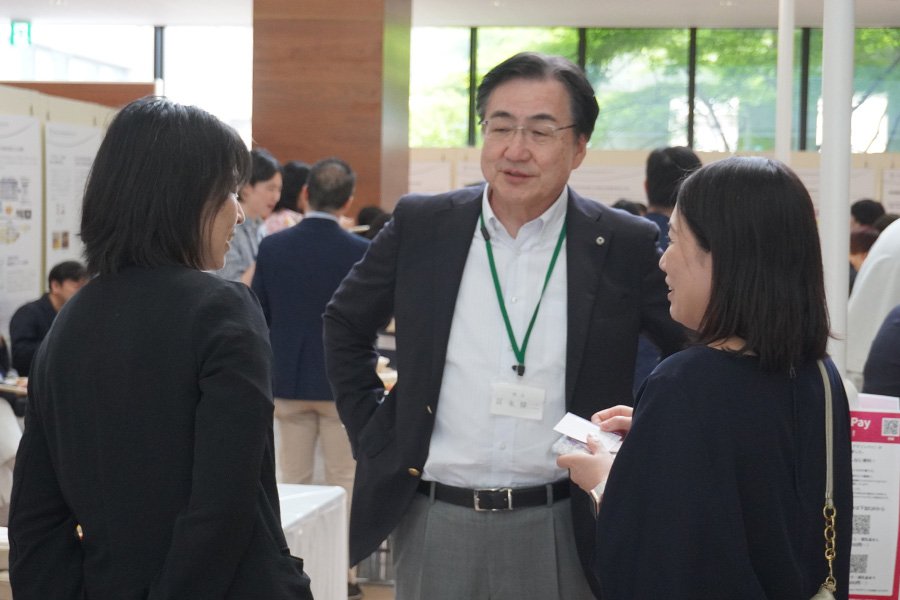
"I think without an incentive people tend to stay in their own bubble," said Julia Gerster, an associate professor in disaster memory studies at the International Research Institute of Disaster Science. "But then when you meet other researchers and chat about your research interests over coffee or lunch, you suddenly realise that people in other departments are thinking similar things and have similar ideas to you, which can lead to new networks and new projects."
The informal atmosphere of the event also breaks down traditional hierarchies, creating good opportunities for dialogue. Professor Masayuki Akiyama, vice director of the DEI Centre, observed that "such events provide a casual environment for researchers to talk directly with a dean, or even the president of the university."
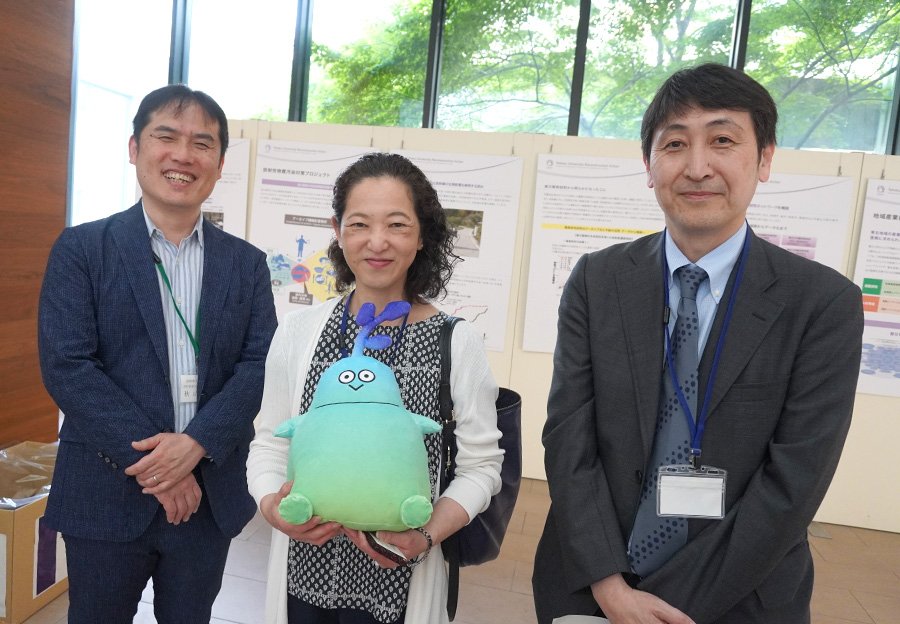
For some participants, the event offers something even more fundamental: a sense of community in what can be an isolating academic landscape. "In my case, I am the only female researcher in my institute, so I don't have many opportunities to meet other female researchers," said Rie Umetsu, a professor at the Institute for Materials Research. "It's less lonely knowing that there are other female researchers who might also be going through similar experiences."
The event also recognises the university's efforts to inspire the next generation of women in science. Goldina Margaryta, a graduate student from Ukraine, is a member of the university's Science Ambassadors programme. "It can be very intimidating to enter fields that are male-dominated, so we talk to girls in high schools who are considering what to study at university and say that we did it so you can do it too, and you can succeed regardless of how complicated it might seem," she said.
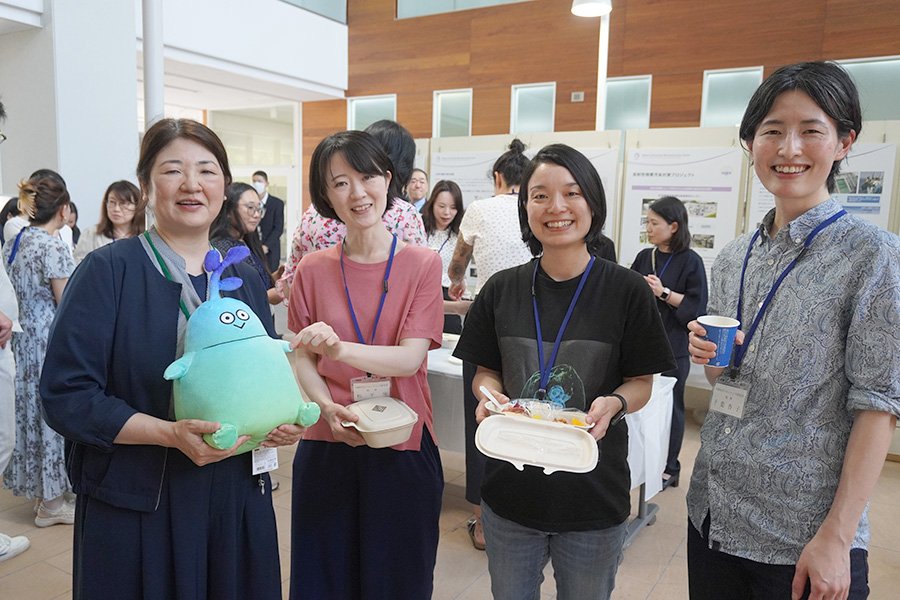
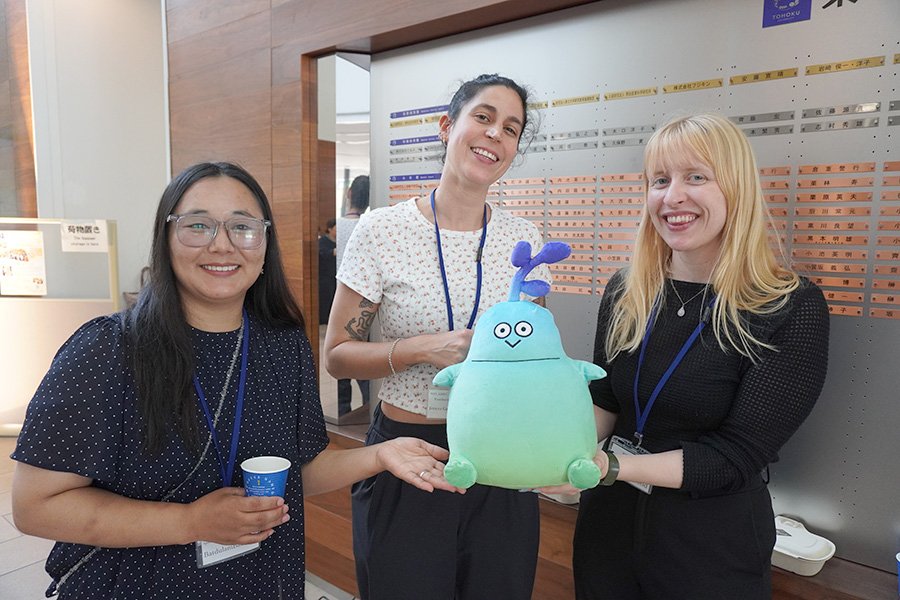
For more information about the Sawayanagi Fellows, the Science Ambassadors and other programmes and events organised by the DEI Centre, please visit: https://dei.tohoku.ac.jp/en/
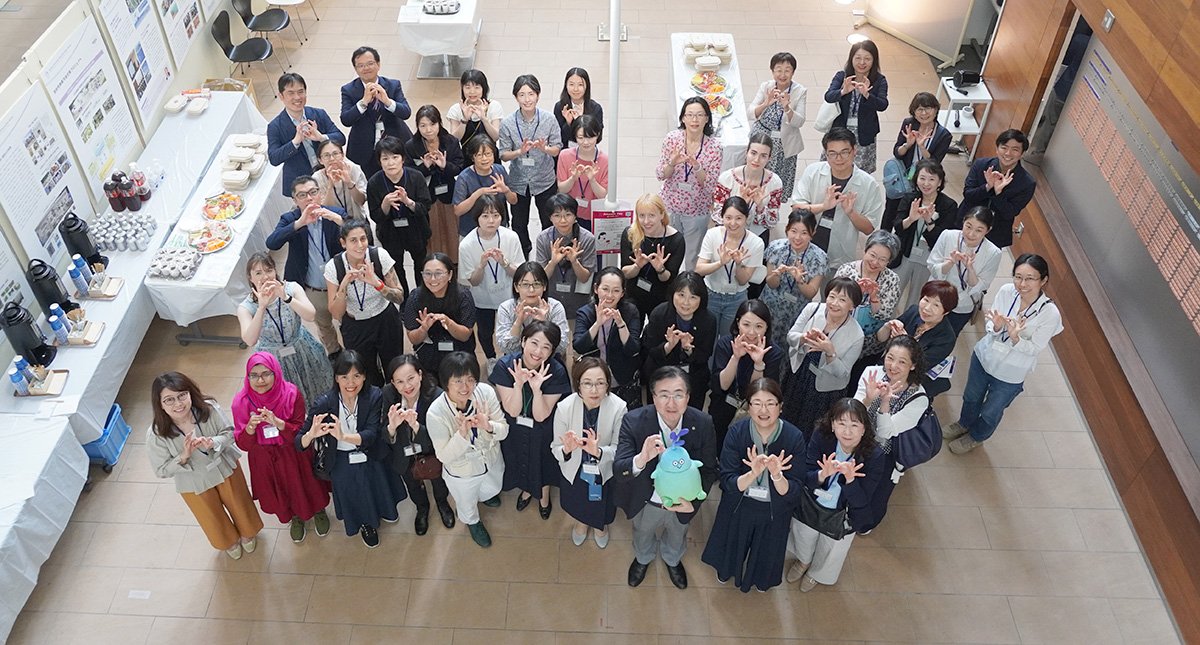
Contact:
Tohoku University Centre for Diversity, Equity and Inclusion (DEI)
Tel: 022-217-6092
Email: dei-center grp.tohoku.ac.jp
grp.tohoku.ac.jp

